Exploring the Impact of Reinforcement Learning in AI Evolution
Demystifying Reinforcement Learning: A Forte in AI’s Evolution
In recent blog posts, we’ve journeyed through the varied landscapes of artificial intelligence, from the foundational architecture of neural networks to the compelling advances in Generative Adversarial Networks (GANs). Each of these facets contributes indispensably to the AI mosaic. Today, I’m zeroing in on a concept that’s pivotal yet challenging: Reinforcement Learning (RL).
My fascination with artificial intelligence, rooted in my professional and academical endeavors at DBGM Consulting, Inc., and Harvard University, has empowered me to peel the layers of RL’s intricate nature. This exploration is not only a technical deep dive but a reflection of my objective to disseminate AI knowledge—steering clear from the fantastical, towards the scientifically tangible and applicable.
Understanding Reinforcement Learning
At its core, Reinforcement Learning embodies the process through which machines learn by doing—emulating a trial-and-error approach akin to how humans learn from their experiences. It’s a subdomain of AI where an agent learns to make decisions by performing actions and evaluating the outcomes of those actions, rather than by mining through data to find patterns. This learning methodology aligns with my rational sneaking behind AI’s veil—focus on what’s pragmatic and genuinely breakthrough.
“In reinforcement learning, the mechanism is reward-based. The AI agent receives feedback in the form of rewards and penalties and is thus incentivized to continue good practices while abandoning non-rewarding behaviors,” a concept that becomes increasingly relevant in creating systems that adapt to dynamic environments autonomously.
Applications and Implications
The applications of RL are both broad and profound, touching almost every facet of modern AI endeavors. From optimizing chatbots for better customer service—a realm my firm specializes in—to revolutionizing the way autonomous vehicles make split-second decisions, RL is at the forefront. Moreover, my academic work on neural networks and machine learning models at Harvard University serves as a testament to RL’s integral role in advancing AI technologies.
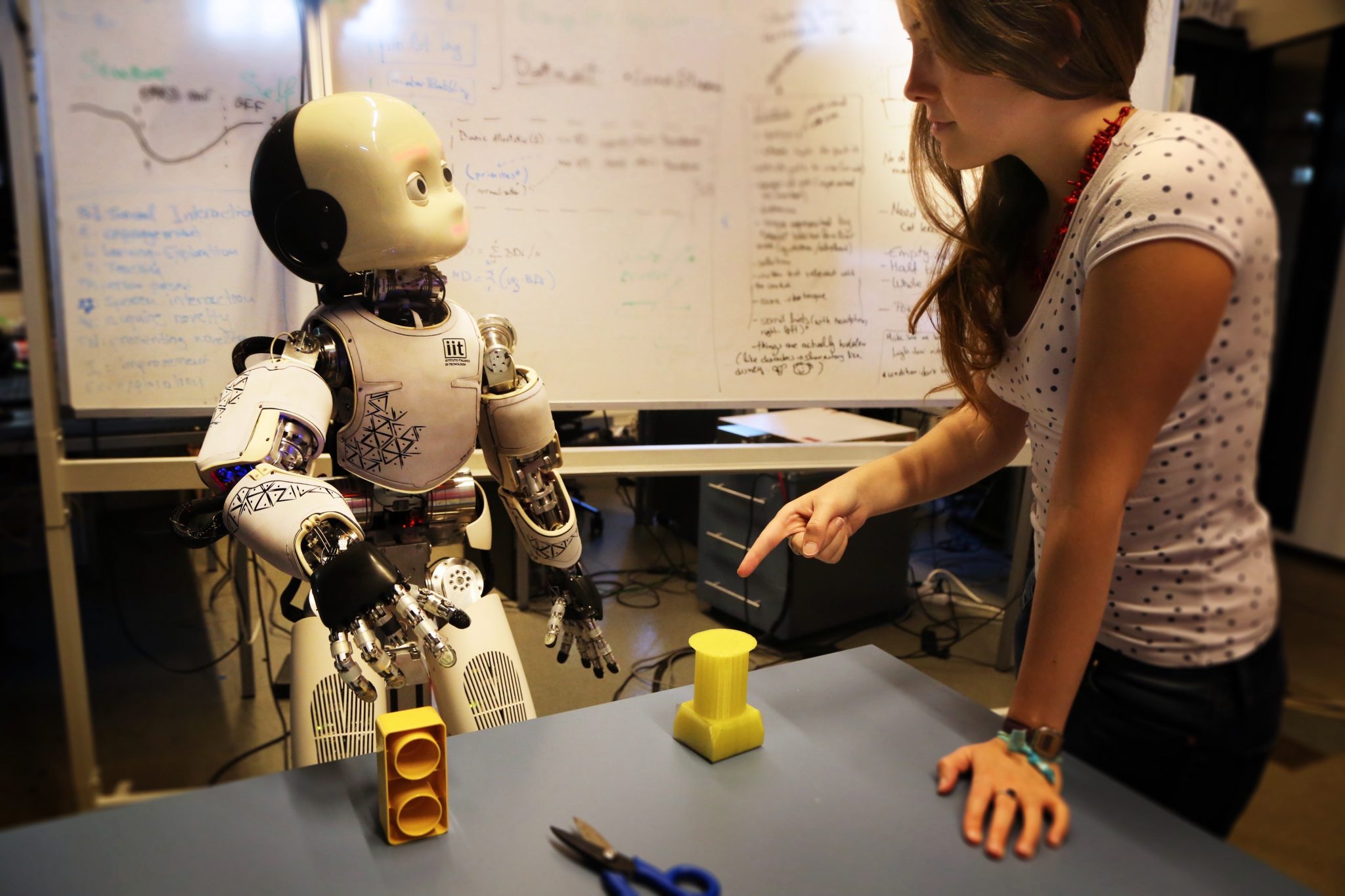
Challenges and Ethical Considerations
Despite its potential, RL isn’t devoid of hurdles. One significant challenge lies in its unpredictable nature—the AI can sometimes learn unwanted behaviors if the reward system isn’t meticulously designed. Furthermore, ethical considerations come into play, particularly in applications that affect societal aspects deeply, such as surveillance and data privacy. These challenges necessitate a balanced approach, underscoring my optimism yet cautious stance on AI’s unfolding narrative.

Conclusion
As we stride further into AI’s evolution, reinforcement learning continues to be a beacon of progress, inviting both awe and introspection. While we revel in its capabilities to transform industries and enrich our understanding, we’re reminded of the ethical framework within which this journey must advance. My commitment, through my work and writing, remains to foster an open dialogue that bridges AI’s innovation with its responsible application in our world.
Reflecting on previous discussions, particularly on Bayesian inference and the evolution of deep learning, it’s clear that reinforcement learning doesn’t stand isolated but is interwoven into the fabric of AI’s broader narrative. It represents not just a methodological shift but a philosophical one towards creating systems that learn and evolve, not unlike us.
As we continue this exploration together, I welcome your thoughts, critiques, and insights on reinforcement learning and its role in AI. Together, we can demystify the complex and celebrate the advances that shape our collective future.
Focus Keyphrase: Reinforcement Learning
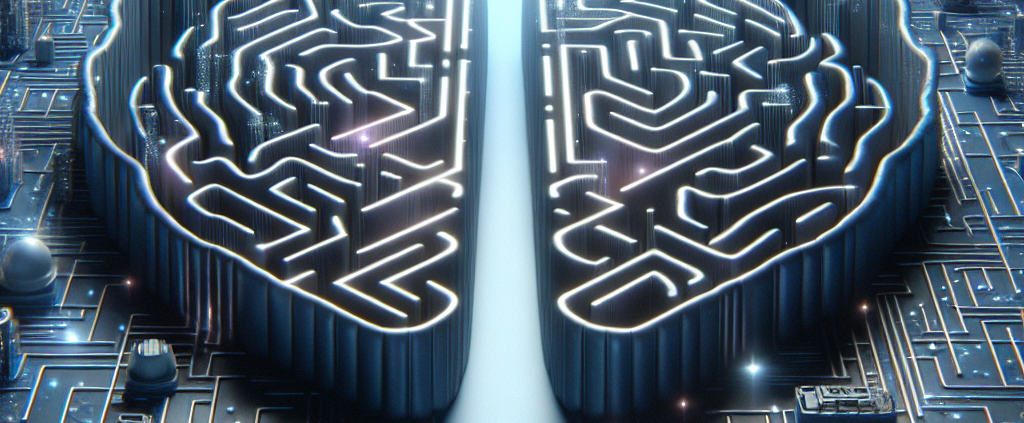
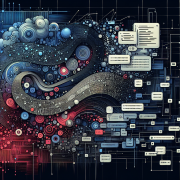
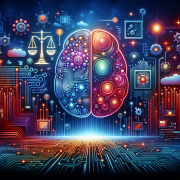


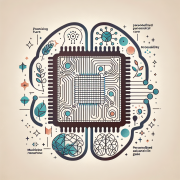



While I appreciate the depth you’re delving into regarding reinforcement learning, I’m still wary about how quickly we are advancing without fully understanding the ethical repercussions. Speaking from a network engineering perspective, the unpredictability of AI systems, as you’ve mentioned, poses significant concerns. How do we ensure these systems don’t act against human interests when they’re learning behaviours independently?
I’m thrilled to share my latest exploration into reinforcement learning, a fascinating corner of AI that’s both incredibly potent and challenging. My goal is to make these concepts accessible and spark a dialogue on their ethical implications. Your thoughts and questions are highly encouraged as we navigate this journey together.